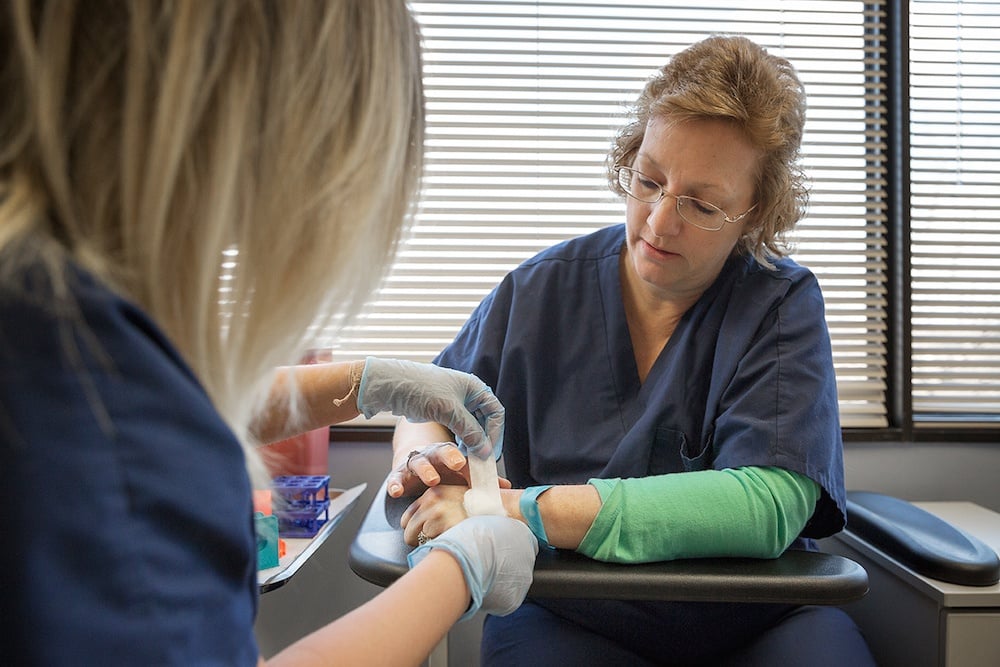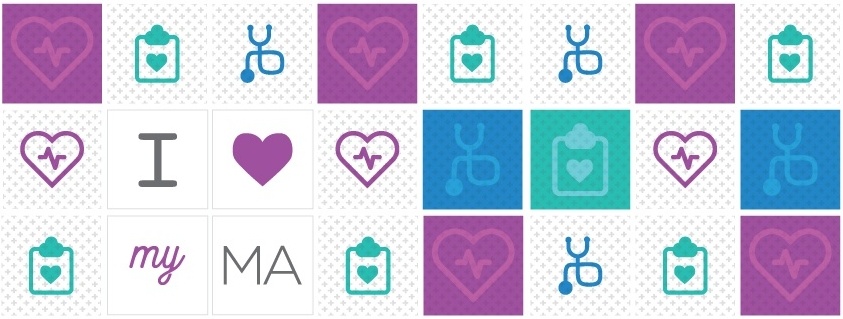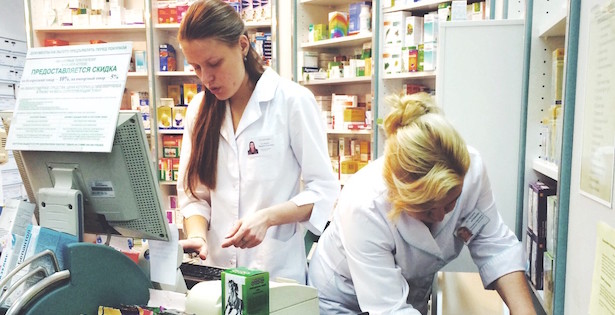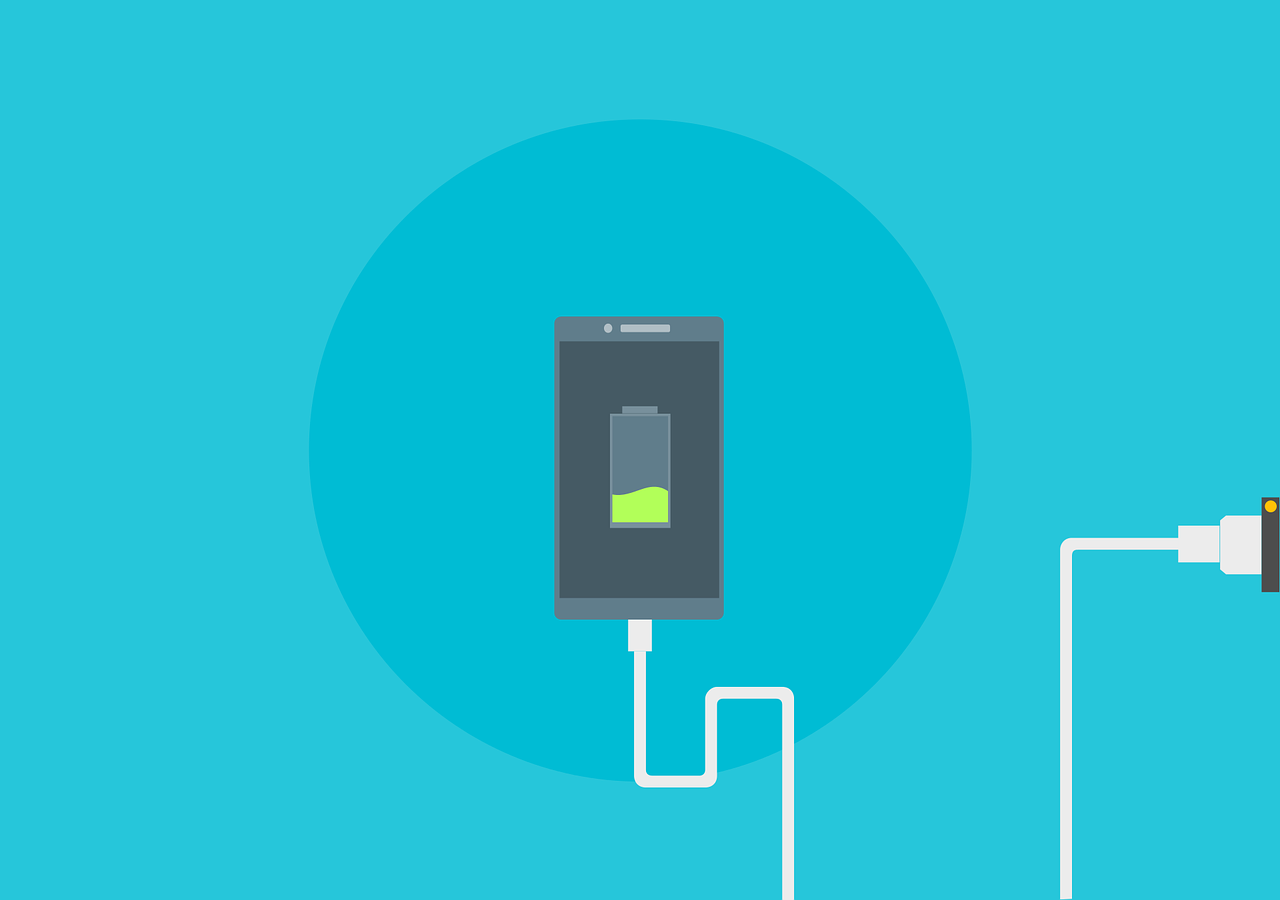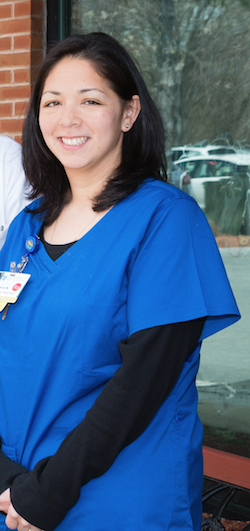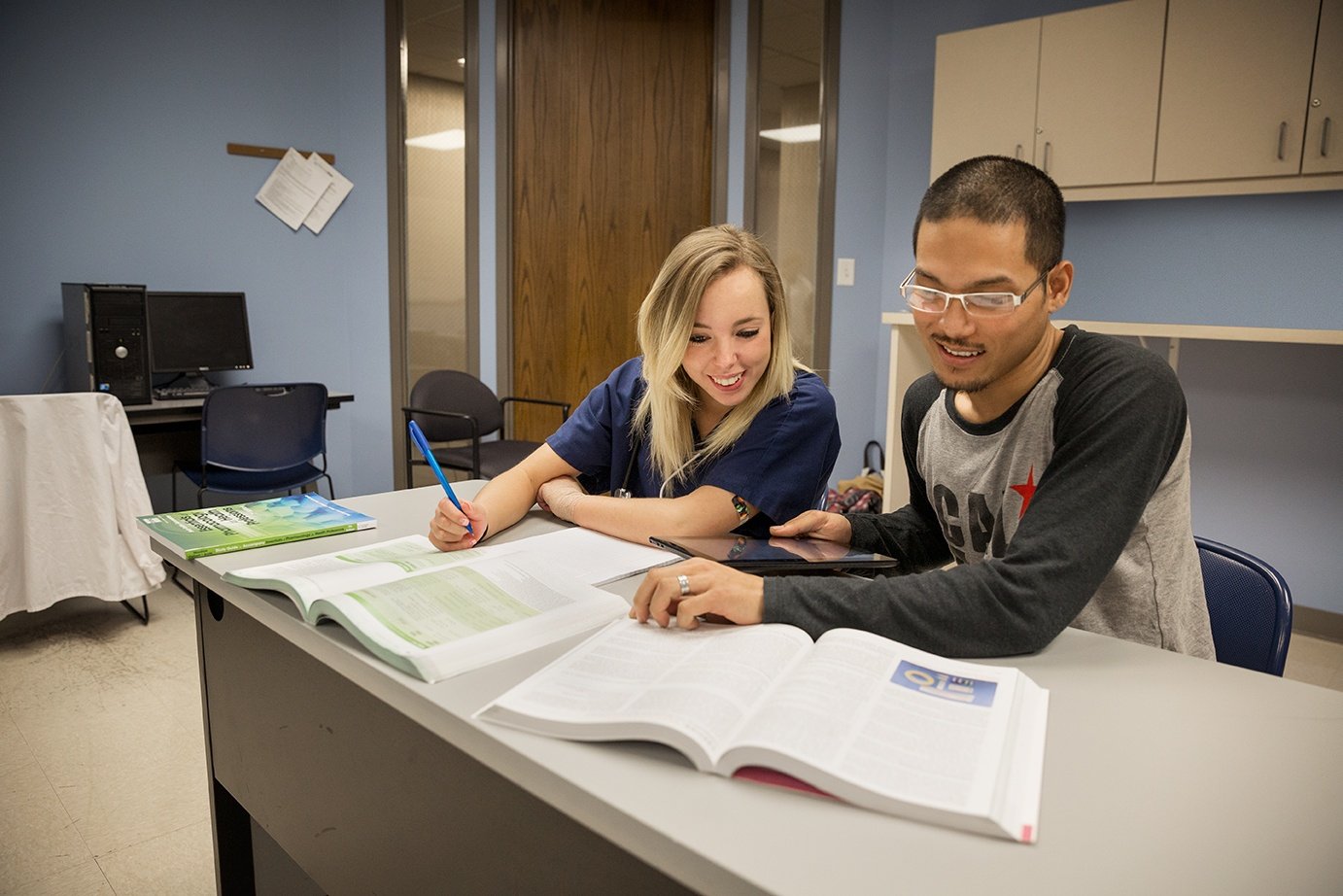Studying can seem like an overwhelming task, especially if you have a busy schedule. There’s so much information to take in in a limited amount of time, so it’s important to find study methods that work well for you.
Here are five tips to help you become a study master:
"Allied health" is a bucket term used for many frontline healthcare workers such as medical assistants, pharmacy technicians, billing & coding specialists and more. These professionals are often the first people patients encounter, and play an important role in their overall care experience.
What do you know about medical assisting? Here at NHA, we've watched this allied health career evolve into a profession that's respected and rewarding in so many ways. In celebration of Medical Assistants Recognition Week, here are five things you might not know about medical assisting.
The role of the pharmacy technician is evolving. What used to be a strictly clerical role with desk duties is shifting into areas of greater complexity that require more specialized training and skills.
This creates exciting opportunities for those who are already in the field, or those considering a new career in pharmacy tech. Employers are looking for candidates who have the training and professionalism required for this evolving role, and taking your education seriously can help you work your way up the professional ladder.
Here’s what’s shifting now, and how you can excel during and after this transition.
As a healthcare worker, you dedicate endless hours to helping others. It’s a noble job that speaks to your compassion for others. But what about you — How many hours do you spend helping yourself?
Judy O. Berry, Ed.D., Professor of Psychology at the University of Tulsa, compares a person’s self-care needs to a cell phone’s battery needs. Cell phone batteries need to be recharged. You can do this at three different times:
- When the battery is completely without power
- When the phone is notifying you to pay attention “Low battery — please charge!"
- Regularly recharge to always have power
Done in collaboration with North Shore Physican Group
Laura Nichols, a Certified Clinical Medical Assistant (CCMA) at North Shore Physician Group (NSPG) has experienced first-hand the evolution of the medical assistant. Her role has changed for the better, and she has taken full advantage of professional development and career opportunities offered to her by NSPG.

It’s normal to be nervous before an interview. Almost everyone is. But with the right preparation, you can quiet your fears and set yourself up for success … And the National Healthcareer Association (NHA) wants to help you do that.
We’ve compiled a list of common healthcare interview questions and paired them with tips and example responses. As you read through the questions, consider how you’d respond based on your personal experience. Consider writing down your answers and rehearsing in front of someone you trust—or even in front of a mirror. It may feel awkward, but chances are, it’ll pay off come interview time.
You earned your certification and you’re ready to land your first allied health job. Or perhaps you’re already in the field but you’re looking to move on or move up. Getting the job is about luck, but mostly it’s the luck you create. As the Roman philosopher Seneca so famously said, “Luck is what happens when preparation meets opportunity.” So create your own luck and follow these 10 tips to prepare for your job interview.
Your first impression happens before you even step foot into your interview. Employers are getting to know you online first, meaning your social media presence can help you — or hinder you — in getting a healthcare job.



